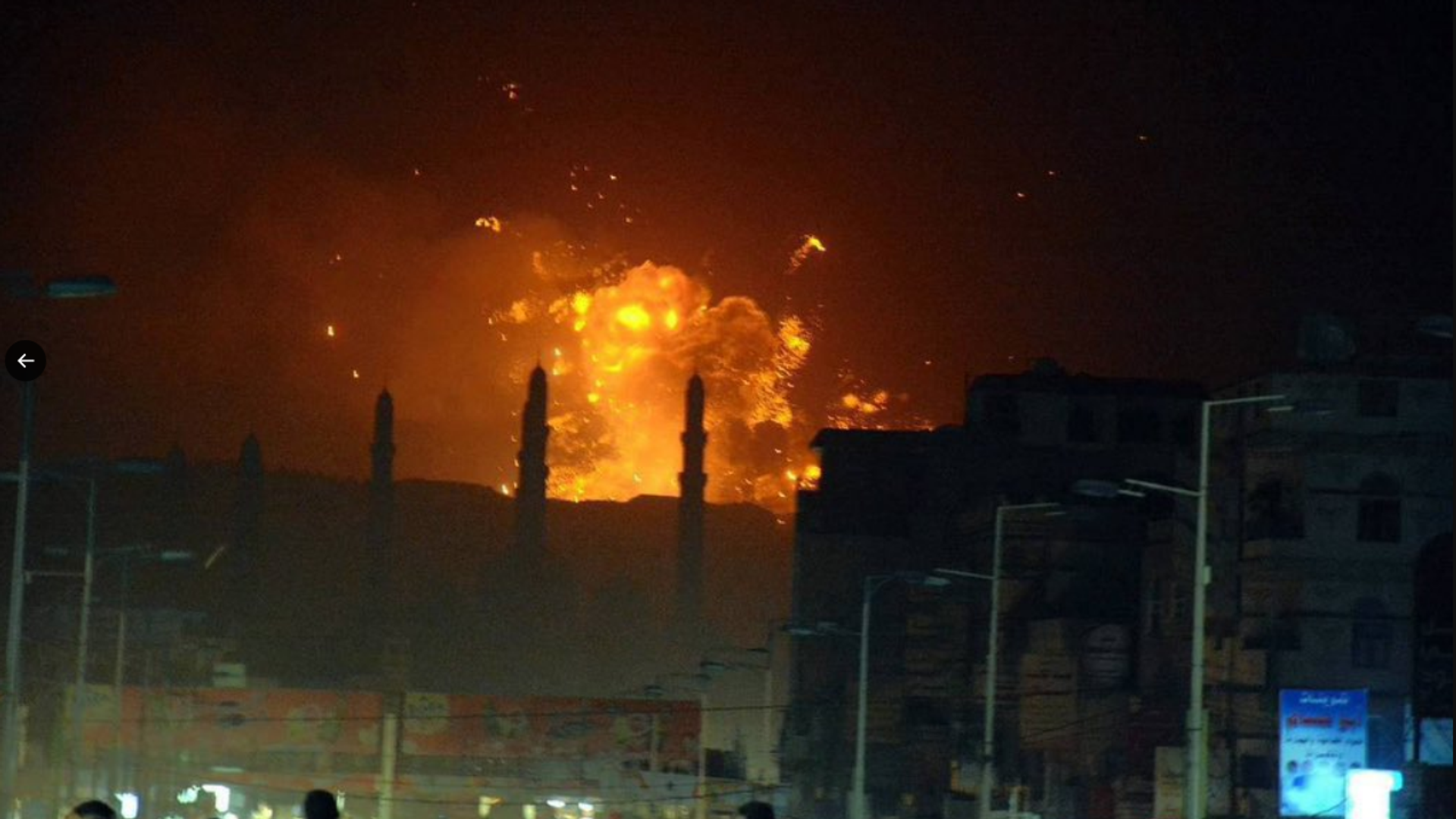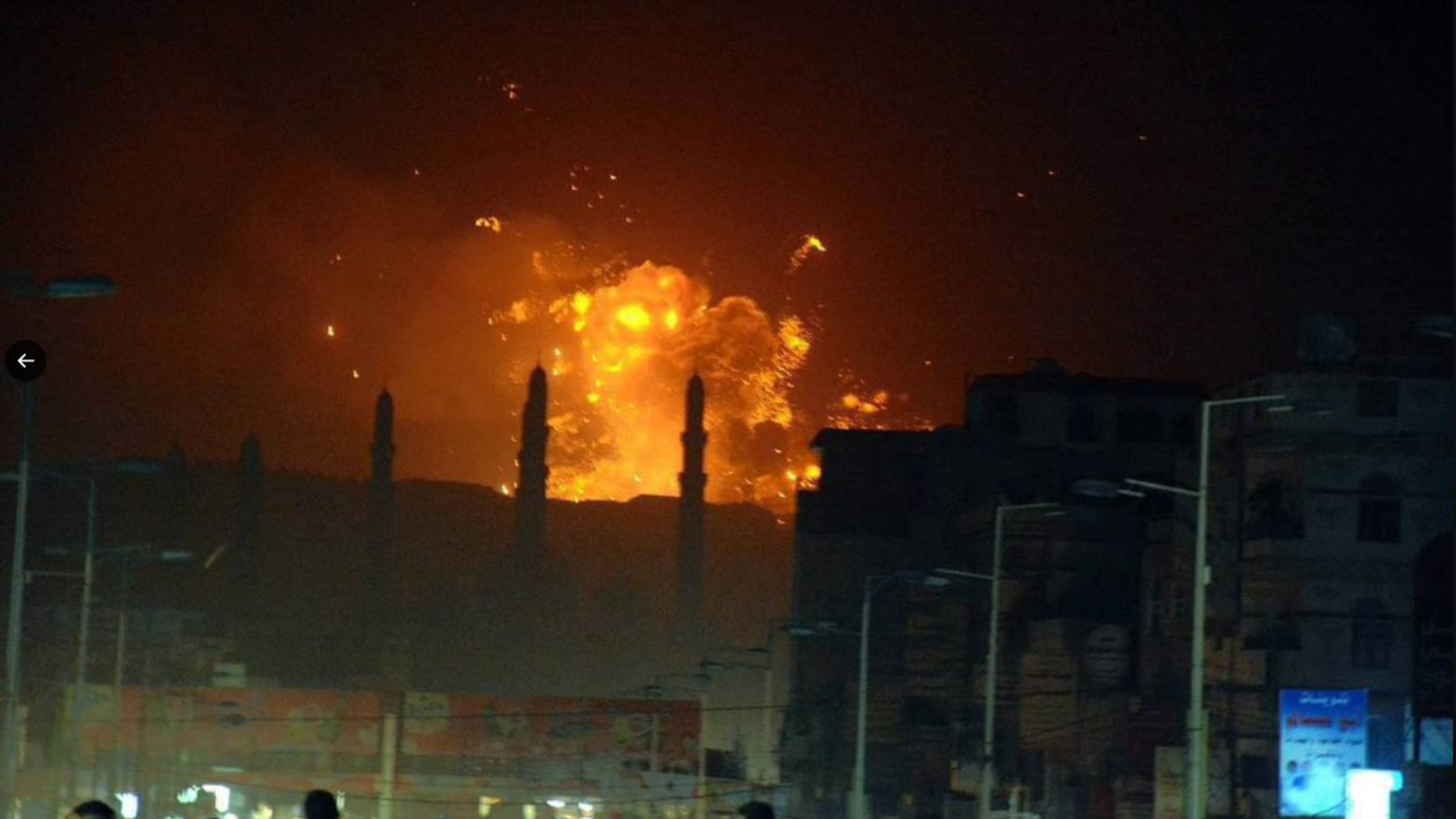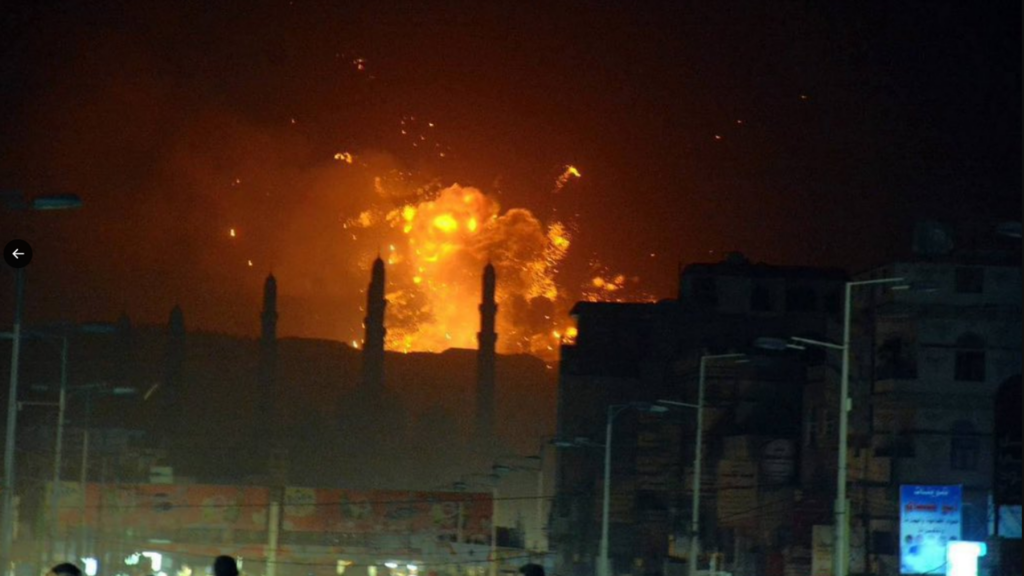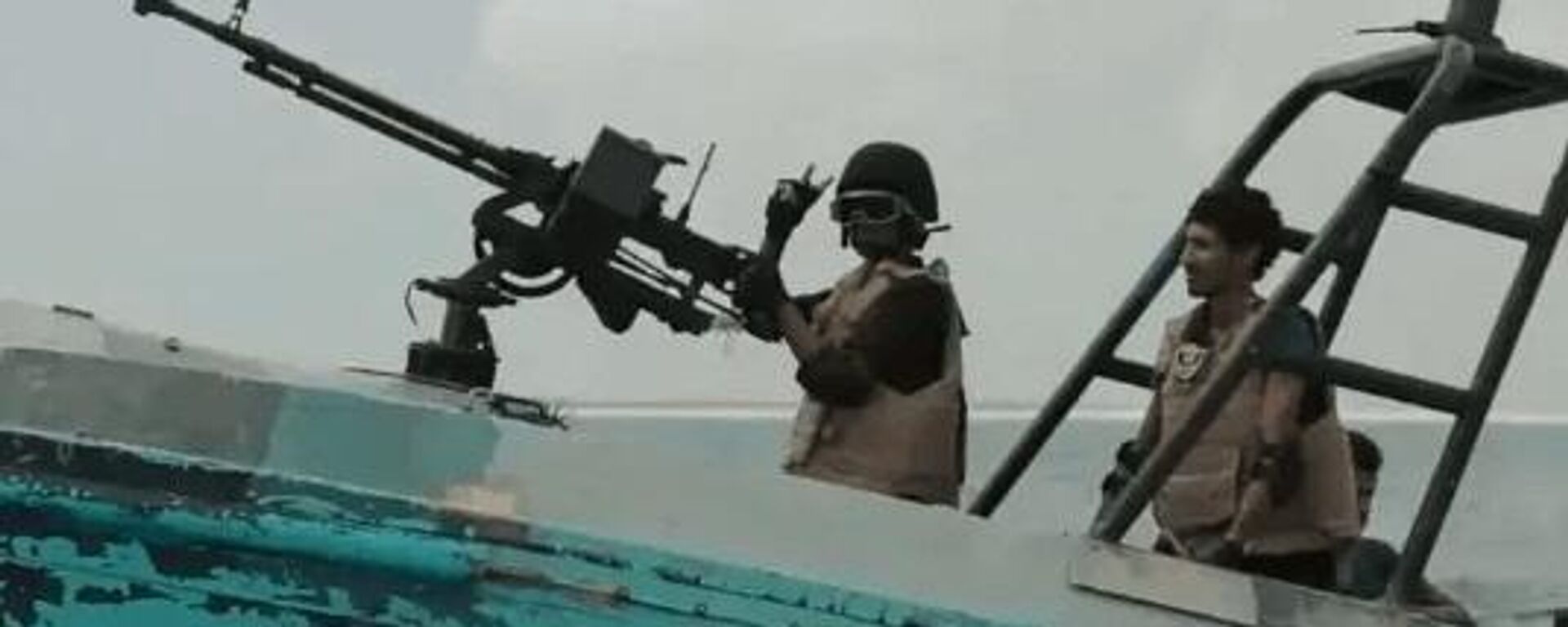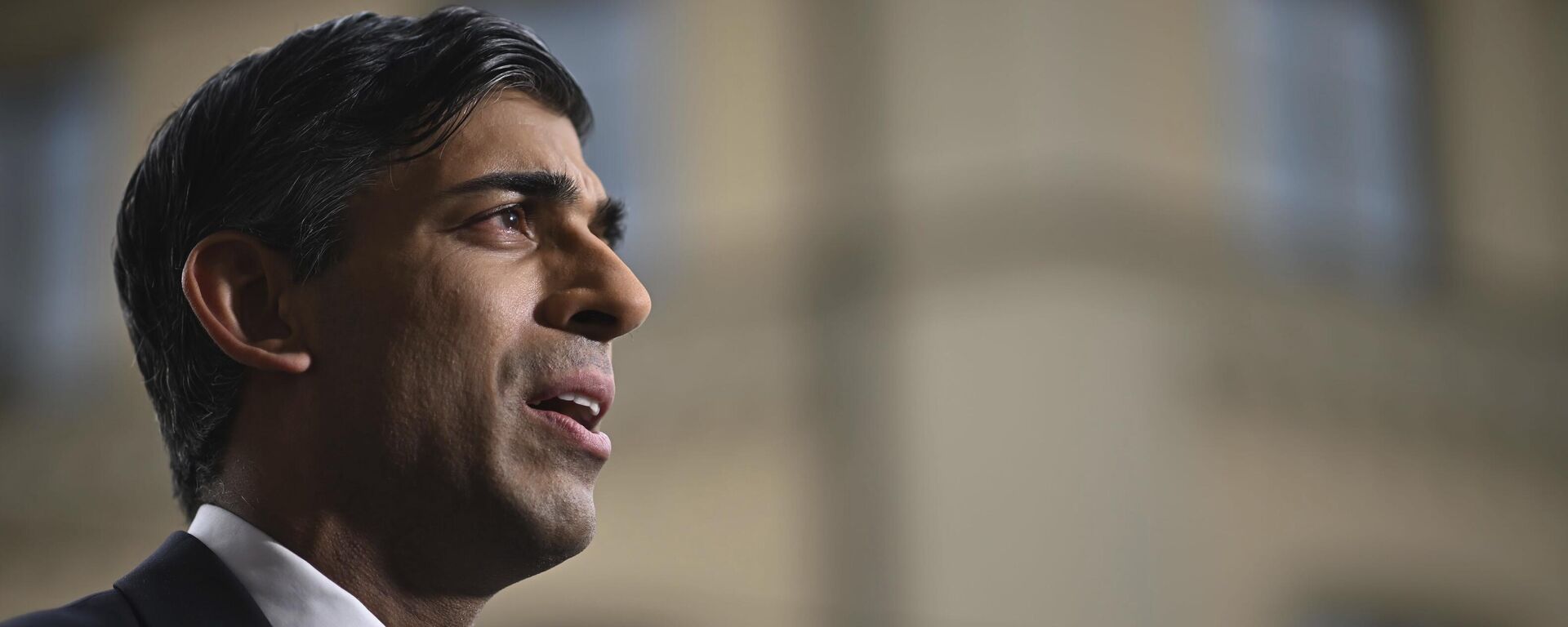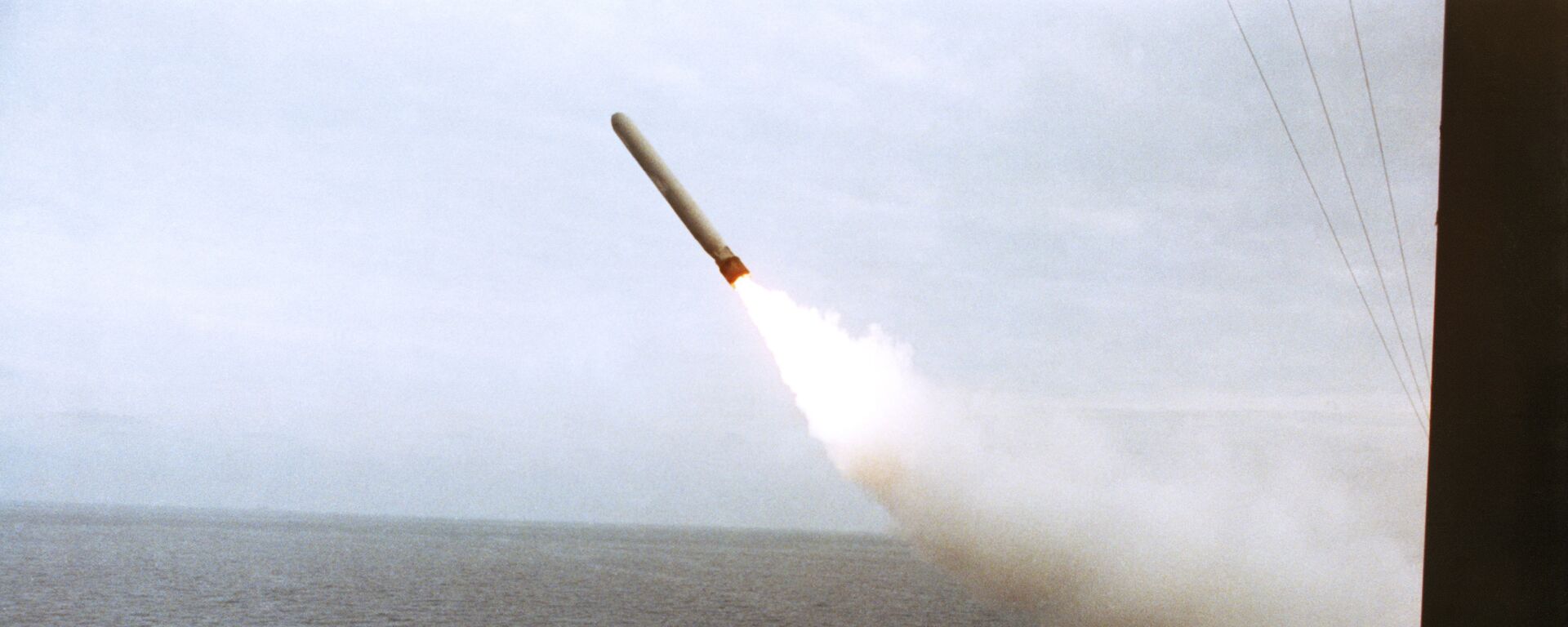Houthi leader Mohammed al-Bukhaiti pledged on Friday that the UK and the US would “soon realize” that the strikes on Yemen were “the greatest folly in their history.”
The British and the US forces have carried out
air strikes against the Houthis in Yemen, in retaliation for the militants’ attacks against ships in the Red Sea that has been ongoing since November 2023. What has been known about the strikes so far? Sputnik explores.
How Many Houthi Targets Were Hit
US Air Force Central Commander Lt. Gen. Alexus Grynkewich told reporters that American and coalition forces hit more than 60 targets at 16 Houthi militant locations in northern Yemen on Thursday evening.
The locations included the capital Sanaa, the Houthi Red Sea port of Hudaydah in the Dhamar governorate and the north-western Houthi stronghold of Saada.
According to Grynkewich, over 100 precision-guided munitions were used in the strikes that targeted the Houthis’ command and control nodes, munitions depots, launching systems, production facilities and air defense radar systems.
“We remain committed to our critical partners throughout the Middle East to defend against Iranian-backed Militia Groups, including Houthi militants, and the threat they pose to regional security and stability,” Grynkewich said.
What Military Hardware Was Used
CNN cited unnamed US military officials as saying that the strikes on the Houthis’ positions were carried out from aircraft, ships and submarines.
According to the officials, the USS Florida, a guided-missile submarinethat crossed into the Red Sea on November 23, was part of the attack, firing the Tomahawk cruise missiles on Houthi targets.
One of the sources said that he could not provide an exact percentage of Houthi assets that were destroyed in the strikes but that it was “significant.” The source claimed that precision guided munitions were used to destroy the targets “and also to minimize collateral damage.”
“We were absolutely not targeting civilian population centers. We were going after very specific capabilities, in very specific locations, with precision munitions,” the official contended.
What Senior Western Officials Say
US President Joe Biden said in a statement on Thursday that he had ordered the strikes “in direct response to unprecedented Houthi attacks against international maritime vessels in the Red Sea.”
“Today, at my direction, US military forces — together with the United Kingdom and with support from Australia, Bahrain, Canada, and the Netherlands — successfully conducted strikes against a number of targets in Yemen used by Houthi rebels to endanger freedom of navigation in one of the world’s most vital waterways,” the POTUS pointed out. He also made it clear that he will “not hesitate to direct further measures to protect our people and the free flow of international commerce as necessary.”
US Defense Secretary Lloyd Austin, in turn, said that the joint strikes were “intended to disrupt and degrade the Houthis’ capabilities to endanger mariners and threaten global trade.”
British Prime Minister Rishi Sunak, for his part, said that his country “will always stand up for freedom of navigation and the free flow of trade” and that the UK has therefore “taken limited, necessary and proportionate action in self-defense.”
This came as a joint statement by 10 governments said that they would “not hesitate to defend lives and protect the free flow of commerce in one of the world’s most critical waterways”.
“The Houthis’ more than two dozen attacks on commercial vessels since mid-November constitute an international challenge. Today’s action demonstrated a shared commitment to freedom of navigation, international commerce, and defending the lives of mariners from illegal and unjustifiable attacks,” the statement added as Denmark, Germany, New Zealand and South Korea added their names to the six nations that took part in the joint strikes.
Houthi Leadership Responds
Houthi leader Mohammed al-Bukhaiti tweeted that “America and Britain made a mistake in launching the war on Yemen because they did not benefit from their previous experiences.”
“Every individual in this world is faced with two choices. Either to stand with the victims of genocide or to stand with its perpetrators,” he added.
Al-Bukhaiti was echoed by Nasr Aldeen Amer, vice president of the Houthi media authority in Sanaa, who hit out at what he called “a brutal aggression against our country” by America.
“They will pay absolutely and without hesitation, and we will not back down from our position in supporting the Palestinian people, whatever the cost,” he vowed.
This tone was echoed by Houthi official Abdulsalam Jahaf as he promised that the Ansar Allah movement “will set the whole of the Middle East on fire” in retaliation against the Thursday strikes.
The remarks came as Russia called for an emergency meeting of the UN Security Council, which is expected to be held later on Friday, over the joint US-UK attack.
